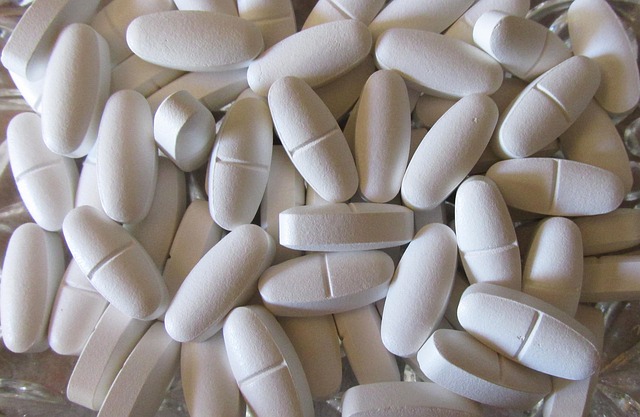Protein Power: Managing Osteoporosis with a Balanced Diet
Osteoporosis is more than just a medical diagnosis—it’s a condition that can quietly reshape the way you live your daily life. The fear of fractures, the cautious steps, and the constant focus on bone health can weigh heavily on your mind. But amidst these challenges, there lies a powerful and accessible tool to help manage osteoporosis: a balanced diet rich in protein.
The Role of Protein in Bone Health
When we talk about osteoporosis, most people immediately think about calcium and vitamin D. While these nutrients are crucial, protein often doesn’t get the attention it deserves. Protein plays a foundational role in building and maintaining bone structure. Our bones are made not only of minerals but also of collagen, a protein matrix that provides strength and flexibility.
Inadequate protein intake can lead to decreased bone density, making bones more fragile and susceptible to fractures. For those managing osteoporosis, ensuring enough protein helps the body repair bone tissue effectively and maintain muscle mass, which supports movement and balance—key factors in preventing falls.
Incorporating Protein into a Bone-Healthy Diet
Embracing a protein-rich diet doesn’t mean overloading on meat or supplements. It’s about balanced choices that nourish your whole body while supporting your bones. Here are some practical tips to incorporate more protein:
- Lean meats and poultry: These are excellent sources of high-quality protein.
- Fish: Rich in protein and often packed with bone-boosting nutrients like omega-3 fatty acids and vitamin D.
- Dairy products: Yogurt, cheese, and milk not only provide protein but also calcium.
- Plant-based proteins: Beans, lentils, tofu, and quinoa are great options for those embracing vegetarian or vegan diets.
- Nuts and seeds: These offer protein along with healthy fats, supporting overall bone and cardiovascular health.
Balancing Protein with Other Nutrients
While protein is essential, it works best when combined with other bone-supporting nutrients. Calcium remains vital, found in dairy, leafy greens, and fortified foods. Vitamin D enhances calcium absorption, so safe sun exposure and vitamin D-rich foods or supplements are important. Don’t forget magnesium, vitamin K, and other micronutrients that play supportive roles.
Remember that balance is key—excessive protein intake without enough calcium may lead to calcium loss, so it’s important to tailor your diet to your individual health needs, preferably in consultation with a healthcare provider or dietitian.
Living Strong with Osteoporosis
Managing osteoporosis with diet is empowering. Every meal becomes an opportunity to strengthen your bones and support your well-being. Protein, often called the building block of life, becomes your ally in this journey. Combined with physical activity and mindful lifestyle choices, nourishing your body with the right balance of nutrients can help you stay active, independent, and confident.
So next time you prepare a meal, think about the protein power on your plate—your bones will thank you!


